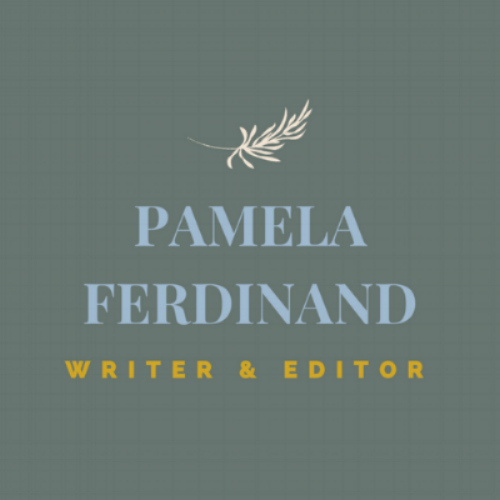Don't Write the Book: Write the Proposal
If you’ve got a great idea for a nonfiction book, and limited time to write it, don’t despair. Unless you plan to self-publish, traditional publishers and literary agents generally want to vet a nonfiction book proposal before a full manuscript. (The rare exception is a memoir.) Why is that?
Agents and editors at publishing houses often play the role of developmental editor, helping to shape the structure and elements of a book before an author spends her/his valuable time writing a complete draft. They can help an author develop a properly organized and compelling book proposal that will both sell and provide an outline for the final manuscript. In many cases, they expect to be your editing partner.
At this stage, as Jane Friedman notes, the artfulness of an author’s writing is often less important than the marketability of the book or the author. A book proposal is the business plan and makes a case for why your book will matter in the market and to readers—and why you are the best person to write it.
Book proposals typically include several sample chapters, which is an opportunity to show off your writing chops. It’s largely up to authors to market their books these days, and you also need to show that you can do that. You’ll have to research competing books, which may transform the way you approach your own work. That, in and of itself, can be a worthwhile exercise.
Not everyone agrees with this approach. Rachelle Gardner writes that authors should always consider writing the entire book before looking for a publisher. She says editors often appreciate seeing exactly what they have to deal with, and writing an entire book on deadline is difficult, especially if you’ve never done it before.
I advise sticking with the book proposal after doing some basic research first and having a strong sense of where the manuscript is heading. That direction may change as you work with an agent or editor, but it will help you from feeling overwhelmed when the time comes to write.
I also suggest working with an editor before you send the proposal to an agent or publisher; you want to get it in the best shape possible. Questions? I’m here to help.
